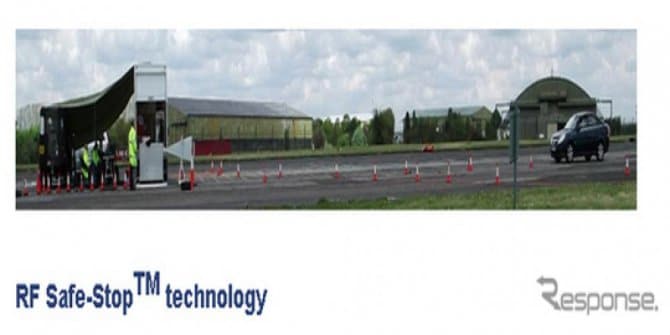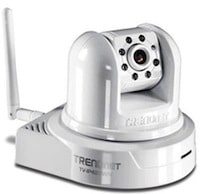The online publication The Intercept has a fascinating story on the National Security Agency’s “Google-like” search engine, which was created to chew through almost a trillion records containing “metadata:” the cell phone calls, email messages, geo-location data and other online communications the agency has harvested. The story exposes a tool called ICREACH. Author Ryan Gallagher cites classified documents obtained by The Intercept that provide what he calls hard evidence that the NSA has, through ICREACH “made massive amounts of surveillance data directly accessible to domestic law enforcement agencies” including the Federal Bureau of Investigation and the Drug Enforcement Administration. Read more via The Intercept with: ICREACH: How the NSA Built Its Own Secret Google -The Intercept.
Tag: surveillance
Internet of Dings: Verizon Shelves Home Automation Service
The news this week that search giant Google completed its acquisition of smart-home device maker NEST prompting at least one news outlet to proclaim that the “New Internet of Things Wave” has been set in motion. (Umm…new?) But there’s a cautionary note in the business headlines: news that Verizon shuttered its Verizon Home Monitoring service. Matt Hamblen over at Computerworld.com has the news and the confirmation from Verizon, which launched in 2012 and was designed to sink that company’s hooks deeper into wired homes. Verizon provided a common hardware platform for home automation and entertainment systems to plug into and talk to each other. Users could manage devices remotely from their computer, mobile device or from their televisions using FiOS TV. It comprised video surveillance, environmental control and physical security. In commercials, Verizon trumpeted it as the “ultimate 21st century green energy home control.” Verizon charged users $10 a month […]
The French Disconnection: Radio Gun Stops Smart Cars In Their Tracks
You could call it “The Death of the Car Chase.” According to the BBC, a UK company, E2V is demonstrating the RF Safe-Stop, a 350 KG (770 lb) device that can shoot RF (radio frequency) pulses at moving vehicles, “confusing” the vehicle’s electronic systems and causing its engine to shut off, stranding both vehicle and driver. E2V’s Safe-Stop product is intended for use as a non-lethal weapon for the military and law enforcement and is marketed as a tool for “checkpoint enhancement,” “convoy protection” and “vehicle immobilisation” (sp). According to this BBC report, the device acts like a small radar transmitter, directing a beam of radio pulses (identified elsewhere as L and S-Band RF pulses) that saturate the wiring that connects the vehicles on board systems. Those pulses confuse the engine control unit and cause it to reset, stopping the vehicle. Safe-Stop sends a continuous stream of pulses to keep the ECU confused […]
Set Top Boxes To Surveillance: Cisco Aims To Be IoT’s 600lb Gorilla
Cisco Systems is one of the biggest ecosystem players with its eyes trained on the Internet of Things. This makes sense. After all, the company made its fortune selling the gear – routers and switches – that make the Internet hum, and that helped extend Internet connectivity to homes and businesses. Along the way, Cisco has been aggressive about acquiring new and promising technologies that promise to grow its top line. took some bad turns – unsuccessfully branching into consumer electronics in 2009 with the acquisition of Pure Digital, maker of the Flip camcorder, and Linksys, a maker of home networking gear, in 2003. The company discontinued the Flip product and sold Linksys to Belkin earlier this year amid a major corporate shake-up designed to re-focus the company. Now, with the next wave (Cisco calls it the 4th) of Internet connectivity upon us – namely: the “Internet of Things” (or […]
With Settlement, FTC Issues Warning On IP-Enabled Cameras
The U.S. Federal Trade Commission (FTC) made one of its strongest statements to date on the issue of consumer privacy in the fast-emerging market for “smart” electronics: settling a complaint with the maker of SecurView, a line of home surveillance cameras that, it turned out, were just as easily used to spy into the homes of SecurView customers. In a statement on Wednesday, the FTC said that it settled a complaint against TRENDnet, the maker of the SecurView home security cameras. The FTC had charged the Torrance, California company with misrepresenting the security of its products. TRENDnet sold “faulty software that left (the cameras) open to online viewing” by anyone who knew the device’s IP address. Under the terms of its settlement with the Commission, TRENDnet must stop misrepresenting the “security, privacy, confidentiality, or integrity of the information that its cameras or other devices transmit,” as well as “the extent […]




